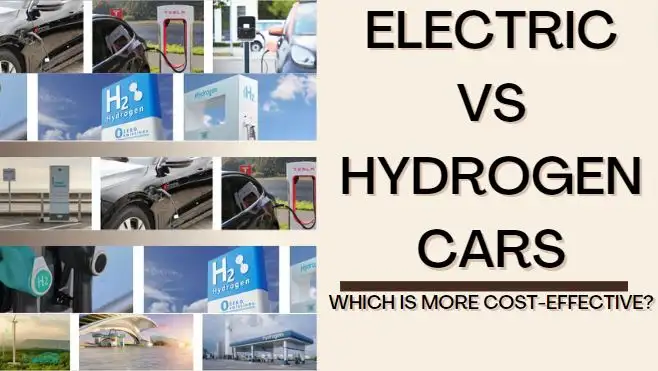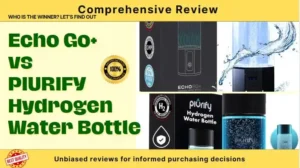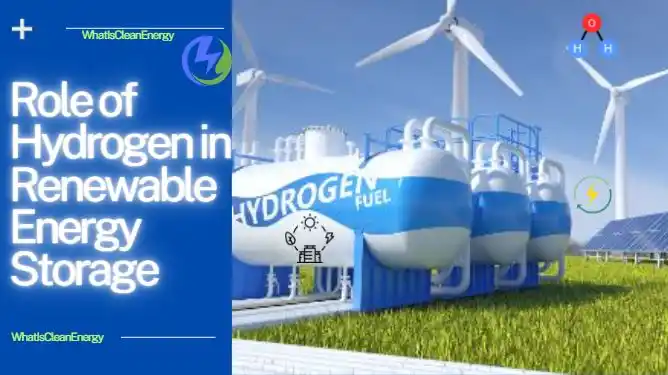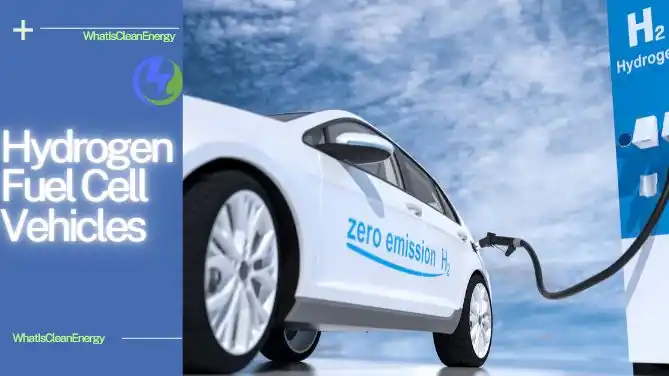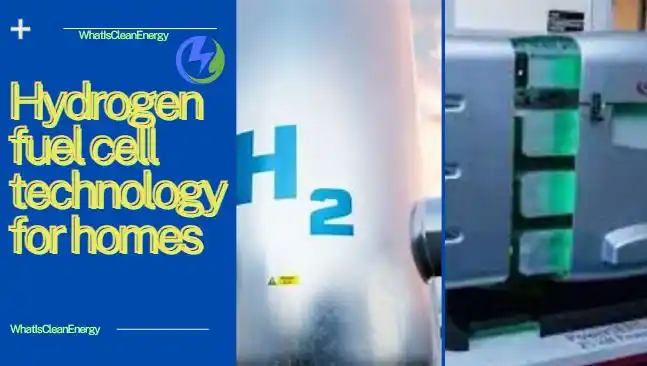When we talk about cars that don’t run on gasoline, we usually talk about two types: hydrogen and electric cars. Both are pretty cool because they’re better for the planet, but they work differently and cost different amounts. The debate between electric vs hydrogen cars continues to spark curiosity. As the world seeks cost-effective and eco-conscious mobility solutions, understanding the comparative advantages of these technologies becomes paramount. In this comprehensive article, we compare electric and hydrogen cars to find out which one is more cost-effective.
What’s a Hydrogen Car?

Hydrogen cars use a fuel cell to make electricity. You fill them up with hydrogen gas, and they only let out water vapor, which is super clean. But, there aren’t many places to fill them up, and they’re pretty expensive to buy and drive.
How Do Hydrogen Car Work?
Hydrogen cars work by turning hydrogen gas into electricity through a chemical reaction in a fuel cell. This electricity then powers the car’s motor, making it move. The only thing that comes out of the exhaust is water vapor, making it a clean energy vehicle. It’s like having a mini electricity-generating station right inside the car!
- Hydrogen Storage: The car has tanks that store hydrogen gas.
- Fuel Cell Magic: The hydrogen goes into a fuel cell, where it meets oxygen from the air.
- Electricity Creation: Inside the fuel cell, a chemical reaction happens between hydrogen and oxygen, creating electricity and water.
- Powering the Car: The electricity from this reaction runs the electric motor, which drives the wheels.
- Clean Exhaust: The only byproduct of this whole process is water, which comes out as water vapor from the tailpipe.
Why Aren’t Hydrogen Cars Everywhere?

Hydrogen cars sound great, right? But there are a few reasons they’re not super common:
- Fueling Stations: There aren’t many places to fill up with hydrogen yet. One big reason is the lack of infrastructure. Without enough places to fill up, people are hesitant to buy hydrogen cars.
- Cost: Hydrogen cars can be expensive to build, and the technology is still relatively new. This makes them more expensive for consumers to buy compared to traditional gasoline or even electric cars.
- Hydrogen Production: Making hydrogen fuel cleanly is tricky. Right now, most hydrogen is made using fossil fuels like natural gas, which isn’t great for the environment. Making hydrogen from renewable sources is possible but still needs more development to be widespread and cost-effective.
- Range and Efficiency: While hydrogen cars have a long range and can be refueled quickly, they’re not as energy-efficient as electric cars. Batteries in electric cars have become more advanced and cheaper, making them more appealing to many people.
- Safety Concerns: Some people worry about the safety of hydrogen. While hydrogen itself isn’t dangerous, there are concerns about storing and transporting it safely, especially in larger quantities.
Advantages of Hydrogen Cars
Despite the challenges, hydrogen cars have some cool advantages:
- Fast Refueling: They can be filled up as quickly as gasoline cars.
- Long Range: They can go long distances on a single tank, like regular cars.
- Zero Emissions: Hydrogen cars only emit water vapor, so they’re great for the environment.
- Quiet Operation: Hydrogen fuel cell vehicles operate quietly, providing a smooth and peaceful driving experience compared to traditional internal combustion engine vehicles.
What’s an Electric Car?

Electric cars are powered by batteries that you charge, like a smartphone. They’re getting more popular, and there are lots of places to charge them. They can be pricey, but there are cheaper models, and you save money because electricity is cheaper than gas.
With advancements in technology and an increase in public charging stations, electric cars are becoming a more convenient and popular choice for drivers around the world.
Comparing Costs Electric vs Hydrogen Cars
Right now, electric cars are generally cheaper than hydrogen cars. That’s because electric cars are more popular, so they’re made in bigger numbers, which lowers their price. Plus, charging an electric car costs less than filling up a hydrogen car.
| Feature | Electric Cars | Hydrogen Cars |
|---|---|---|
| Initial Cost | Generally lower, with options starting around $30,000. | Higher, often starting above $60,000. |
| Fueling Infrastructure | Well-established with many public charging stations. | Limited hydrogen refueling stations available. |
| Fuel Cost | Electricity is cheaper, often a few cents per mile. | Hydrogen is more expensive, around $10 per kilogram. |
| Maintenance | Lower maintenance due to fewer moving parts. | Similar to electric cars, but with a more complex fuel cell system. |
| Range | Ranges vary, but many models offer 200-300 miles per charge. | Typically offer 300-400 miles per tank of hydrogen. |
| Refueling Time | Can take from 30 minutes (fast charging) to several hours. | Refueling can be done in under 5 minutes. |
| Availability of Models | A Wide range of models is available. | Very few models are currently on the market. |
Why Hydrogen Cars Cost More
Hydrogen cars are more expensive for a few reasons:
- They’re not made in big numbers yet.
- The tech is still pretty new and fancy.
- Hydrogen fuel is harder to find and costs more.
Why Electric Cars Can Be Cheaper

Electric cars can be cheaper because:
- Lots make them of companies, so there’s competition.
- Lower Fuel Costs: Electricity is often cheaper than gasoline or hydrogen on a per-mile basis, resulting in lower fuel expenses for electric vehicle owners.
- Simplified Maintenance: Electric cars have fewer moving parts compared to internal combustion engine vehicles. This leads to reduced maintenance costs over time. There’s no need for oil changes or complex engine tune-ups.
- Longer Lifespan: Electric vehicle components, such as batteries and electric motors, are typically designed to last longer.
- Government Incentives: Many governments offer incentives such as tax credits, rebates, and subsidies to promote the adoption of electric vehicles.
- It’s easier and cheaper to charge them with electricity.
The Future of Car Costs
The prices of both hydrogen and electric cars might go down. As more people want them and more are made, they’ll get cheaper to produce. Also, as technology gets better, that can help lower the price too.
Conclusion: What’s Cheaper Now?
For now, electric cars are usually cheaper than hydrogen cars. They’re more common and easier to charge, and have more options. But who knows? In the future, hydrogen cars might catch up if they become easier to make and fill up. So, if you’re thinking about getting one, electric cars are the way to go for a cheaper ride today.

